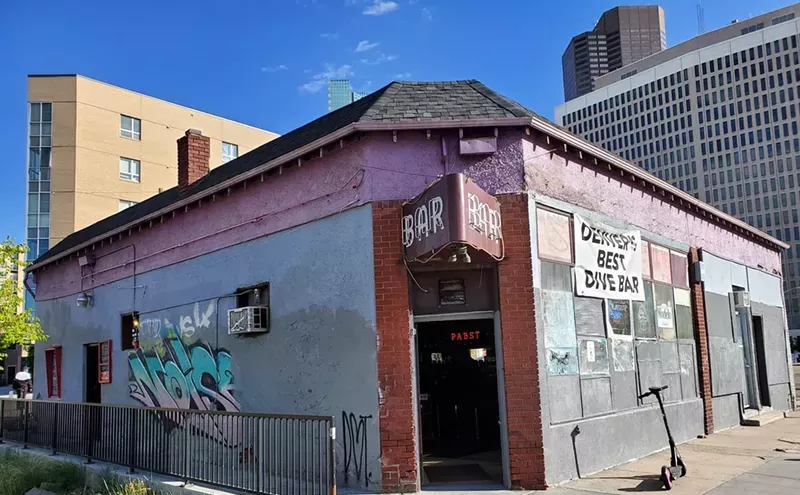Night of the Living Dead, George A. Romero's 1968 zombie-flick classic, has long been the subject of intense critical analysis laying bare its rich social and political commentary. Romero not only set in motion the zombie fetish that thrives globally today, but he created a film that simultaneously captured the late-'60s zeitgeist and created a pop-cultural template still used to critique the ills that gird the status quo. With that in mind, a lot of the information and insights that documentary filmmaker Rob Kuhns presents in Birth of the Living Dead won't be news for longtime scholars (academics or laypersons) of the film. That Night was inspired by Richard Matheson's seminal 1954 novel I Am Legend, that it was groundbreaking in the way it used its African-American lead actor, and that it was a critique of mainstream America's somnambulism leading up to the Vietnam war and civil-rights turmoil are all already well known. What distinguishes this doc from much of the tedious critical prose Romero has inspired is the fan-boy and fan-girl ardor that fuels its smarts — both behind and in front of the camera. Interview subjects, from producer Gale Anne Hurd (who says she drew heavily from the film in creating the cable-TV hit The Walking Dead) to various film scholars, directors and critics, all key their commentary into the film's visceral power and the unpretentious intelligence behind it. That includes a glorious bit discussing how Sidney Poitier's blackness was being used in Hollywood at the time, and how Night upended the protocol. It's the anecdotes and remembrances of Romero — a 27-year-old college dropout losing his movie-making cherry with Night — that make the film, though. An utterly charming figure who often ends his sentences with "man," he fills in behind-the-scenes tales that likely haven't been heard by many before, and they are riveting; his story of the film's copyright battle is jaw-dropping.

Audio By Carbonatix
[
{
"name": "GPT - Billboard - Slot Inline - Content - Labeled - No Desktop",
"component": "23668565",
"insertPoint": "2",
"requiredCountToDisplay": "2"
},{
"name": "STN Player - Float - Mobile Only ",
"component": "23853568",
"insertPoint": "2",
"requiredCountToDisplay": "2"
},{
"name": "Editor Picks",
"component": "17242653",
"insertPoint": "4",
"requiredCountToDisplay": "1"
},{
"name": "Inline Links",
"component": "18838239",
"insertPoint": "8th",
"startingPoint": 8,
"requiredCountToDisplay": "7",
"maxInsertions": 25
},{
"name": "GPT - 2x Rectangles Desktop, Tower on Mobile - Labeled",
"component": "24956856",
"insertPoint": "8th",
"startingPoint": 8,
"requiredCountToDisplay": "7",
"maxInsertions": 25
},{
"name": "Inline Links",
"component": "18838239",
"insertPoint": "8th",
"startingPoint": 12,
"requiredCountToDisplay": "11",
"maxInsertions": 25
},{
"name": "GPT - Leaderboard to Tower - Slot Auto-select - Labeled",
"component": "17676724",
"insertPoint": "8th",
"startingPoint": 12,
"requiredCountToDisplay": "11",
"maxInsertions": 25
}
]







